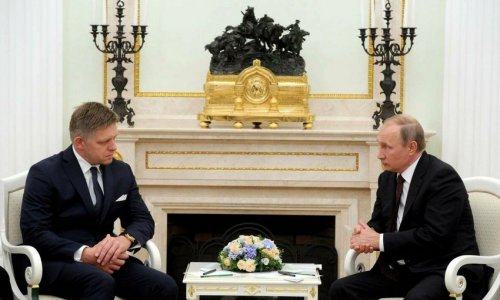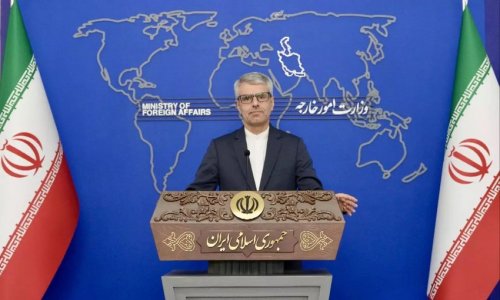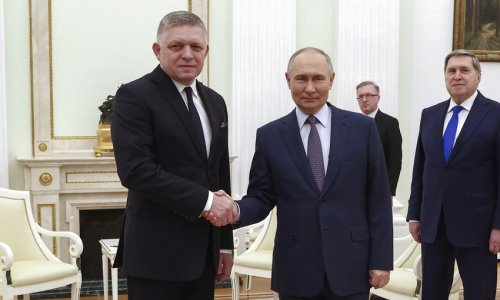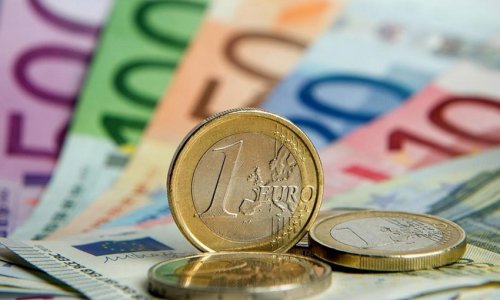#HitlerWasRight, #HitlerDidNothingWrong, and - most recently - #IfHitlerWasAlive have all been doing the rounds on Twitter and Facebook over the past few days.References to Hitler on social media are, of course, nothing new - in the past 12 months, "Hitler" has been used more than 10 million times on Twitter. But there's been a clear uptick recently - related to both Germany's performances in the World Cup, and the Israel-Gaza conflict.Taken together, these three hashtags have been used more than 15,000 times in the past week. As their titles would suggest, they include all manner of anti-Semitic vitriol. But a large chunk of the discussion is critics pushing back, and condemning those who've used it.The hashtags seem to have begun to pick up during Germany's key games in the World Cup. For example: "I think the last time the Germans destroyed someone like that was WW2. #HitlerDidNothingWrong." Though he didn't use one of these hashtags, a Malaysian MP caused outrage when - in reference to Germany's 7-1 thrashing of Brazil - he tweeted: "WELL DONE..BRAVO...LONG LIVE HITLER..."Some of the World Cup-related references to Hitler were probably intended as jokes - albeit bad ones. But the use of the hashtags soon took on an anti-Semitic turn.As the Israel-Gaza conflict gathered pace, the hashtags then got picked up by some pro-Palestinians - though not, it should be stressed - among many Palestinians themselves. Indeed many Palestinians were vocal in urging people to stop. "Reprehensible" "bigoted" and "hateful" is how Yasmeen Serhan, a Palestinian-American student describes the #HitlerWasRight hashtag. "Such a trend has no place in Palestinian activism," she says.The #HitlerWasRight and #HitlerDidNothingWrong hashtags have been used intermittently and it's hard to trace their origin. But with #IfHitlerWasAlive it's much easier to identify the source - it began trending as a result of a number of individuals in Pakistan.As with the other hashtags, the condemnation was robust. "My guess is these are uneducated people," says Zohaib Nawaz Tarar, a Pakistani student and computer programmer now living in Spain who was one of many who tweeted his condemnation. "There is a group of people starting hashtags just to get them to trend. These are stupid people who don't know real facts.""It's intended to inflame - to be grossly offensive," says Rabbi Kenneth Cohen who also stepped into the Twitter conversation to condemn the comments being made. "It's also counter-productive - it reflects baldy on the people using that hashtag. It's not very bright.""At a time when we should labouring to defuse the tensions, there are some people going out of their way to inflame them," he adds. Cohen believes the relative anonymity of social media means people feel free to say things that would be completely socially unacceptable in person.That people make often entirely spurious comparisons to Hitler should not come as a surprise, says Mike Godwin, who back in 1990 researched what is known as Godwins Law of Nazi Analogies. In its simplest form, Godwins Law states that in any online discussion or forum, someone will - if it's left there long enough - eventually bring up Hitler or the Nazis. "It's the model of evil," in the Western world he says. If you want to escalate a debate "this is where you'll go".Such references to Hitler have probably existed since before the internet, says Godwin. But the internet - and now social media - has magnified the phenomenon, making it much more visible.(BBC)Bakudaily.az
The rise of Hitler hashtags
World
09:33 | 21.07.2014
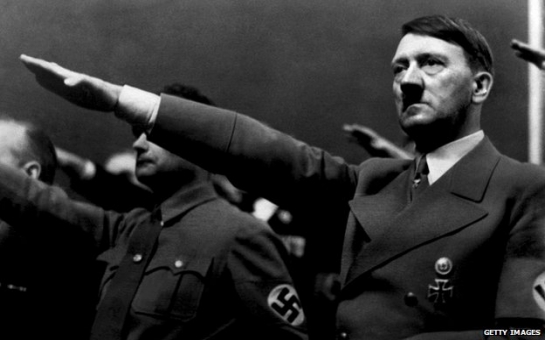
The rise of Hitler hashtags
A crop of Hitler-related hashtags have emerged on social media in the past week or so - what and who is behind this?
Follow us !


